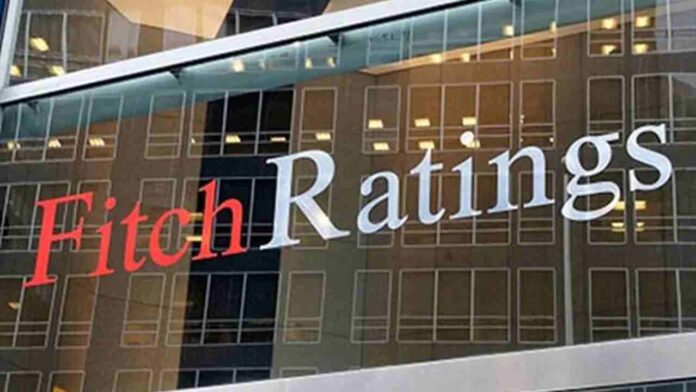Fitch Ratings flags high-risk exposure for emerging markets like India, Brazil, and Vietnam as US gears up for reciprocal tariffs from April 2 under Trump’s “Fair and Reciprocal Plan”
New Delhi, March 29: As the US prepares to roll out its reciprocal tariff regime starting April 2, Fitch Ratings has warned that several emerging market economies, including India, could face significant trade disruption due to higher tariff exposure under the Trump administration’s “Fair and Reciprocal Plan.”
“There is a high risk that tariffs ensnare many U.S. trading partners,” Fitch stated, “particularly those emerging markets where US exporters face significantly higher tariff barriers than what the US imposes in return.”
According to Fitch, countries such as India, Brazil, Thailand, Malaysia, South Africa, Turkey, Vietnam, and Indonesia impose notably higher tariffs on US exports, making them prime candidates for retaliatory measures from Washington.
The global credit agency’s analysis compared 2023 tariff rates paid by US exporters in partner countries versus those paid by US importers bringing goods from those same countries. The imbalance, Fitch said, could trigger tariff hikes, especially for nations that maintain asymmetric trade barriers.
The Trump administration has repeatedly cited tariff inequities and is pushing for “reciprocal treatment”—matching the tariffs other countries impose on US goods. The move is expected to realign trade dynamics and curb what Trump has long called “unfair trade practices.”
India in the Crosshairs, But Talks Are Ongoing
India is among the countries with a notably higher average tariff on US goods. While this puts it at risk, ongoing negotiations between New Delhi and Washington could offer a way out.
The two sides are currently working on a broad-based Bilateral Trade Agreement (BTA), aiming to balance interests across multiple sectors. This followed the Trump-Modi agreement earlier this year to initiate the first phase of BTA discussions by fall 2025.
India’s Commerce Minister Piyush Goyal recently visited the US to advance these talks, which are expected to help mitigate fallout from the looming reciprocal tariffs.
Despite the risk, some experts view the BTA discussions as a buffer for India, potentially enabling strategic sectoral compromises—such as opening up agriculture or energy markets—in exchange for US tariff concessions.


